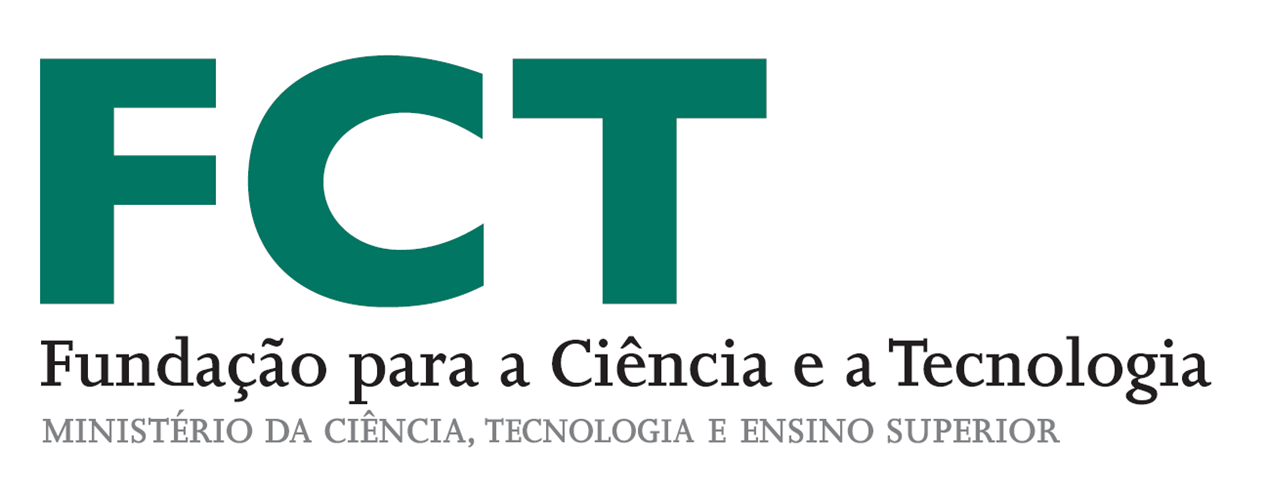Understanding the practice and developing the concept of welfare bricolage (UPWEB)
Reference: NORFACE-462-13-046
Research coordinator: Beatriz Padilla (CICS/UM)
Proposing Institution: University of Minho
Funding Institution: FCT
Objectives: This project will reconceptualise welfare theory through responding to the question of how all residents living in superdiverse
neighbourhoods access healthcare. Such a focus is pertinent given increasing population complexity, heterogeneity and pace of
change under globalisation, and the subsequent need to rethink welfare design, alongside issues of engagement, approachability
and effectiveness. Using innovative techniques including street-mapping, community research and a mobile phone “app” alongside a
neighbourhood survey, we explore the multiple approaches that residents living in superdiverse neighbourhoods use to meet their
health needs, encompassing the perspectives of service users and providers. We will generate new theoretical and practical insights
through the development of models of welfare bricolage: the practice by which individuals combine formal, informal and virtual
health services across public, private and third sectors in an attempt to meet need. We use a comparative/sequential approach to
interrogate local welfare states across eight deprived and upwardly mobile superdiverse neighbourhoods in four different national
welfare states (UK, Portugal, Germany and Sweden) each with different welfare, health and migration regimes. By focussing on key
features of superdiverse neighbourhoods where residents are differentiated according to faith, income (including socio-economic
status), age, gender and legal status, we bring new insights with societal, practical and policy relevance. The study will illuminate
inequalities and diversity in respect of individuals’ relationship with healthcare, different modes of provision, and responsibilities for
welfare allocation.
Duration: 2015-2017



 Find Us
Find Us Contacts
Contacts RSS
RSS